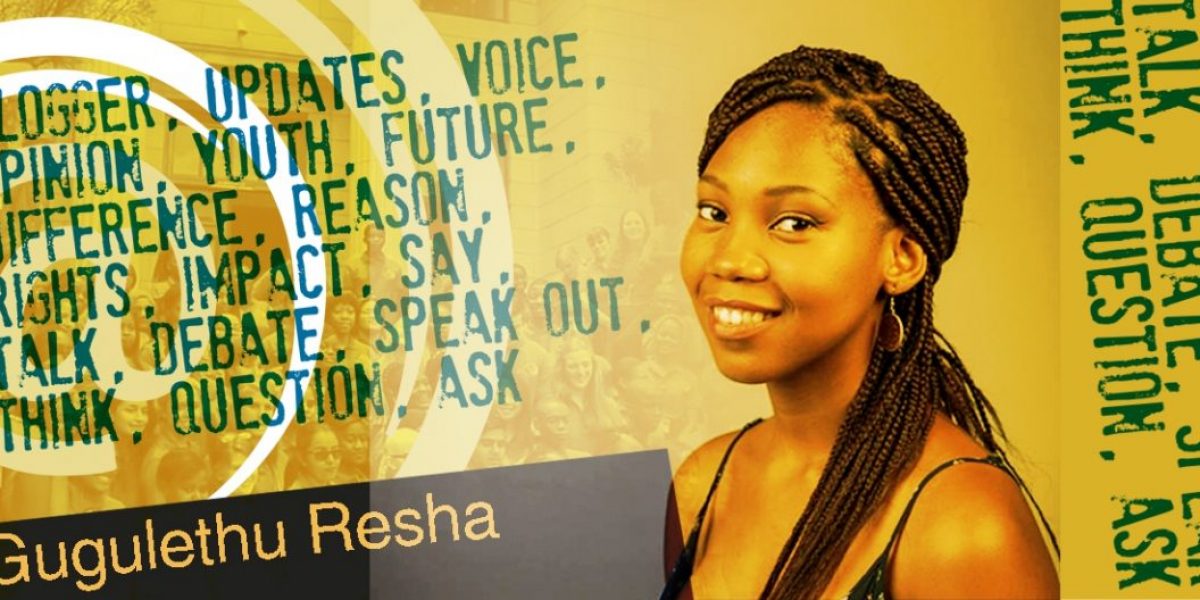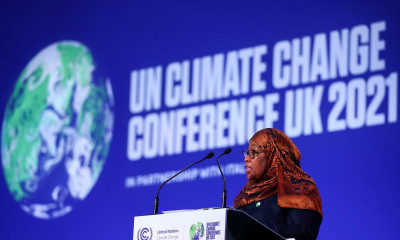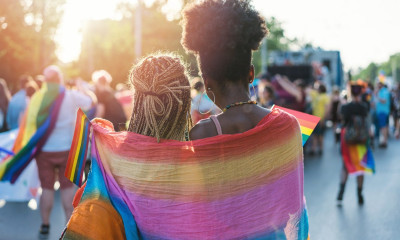Every generation, every nation, every culture has their own idea of what a leader looks like. Often a leader is a burly old man, or nearly-starved young man. Now and then she’s an old woman. But a lot of the time, they aren’t even alive anymore.
So when we – young people – are asked who our role models are, it is almost always someone at least three times our age that we point to.
This is a perception that I believe we need to change if we want to encourage further inclusion of youth as stakeholders, who can contribute to planning for a prosperous and peaceful African future.
As we commemorate International Youth Day, and call upon the youth to be part of solutions to the most pressing issues in Africa, I propose that we take a look at the young people around us who are already making phenomenal contributions to peace and development on a daily basis.
There’s a common saying among young people online: ‘Not all superheroes wear capes’. I think a more suitable saying in this context should be: ‘Not all leaders are old politicians’.
I usually tell my friends that my Facebook feed is one of the most inspiring spaces for me. There’s always an update from one of my friends or friends’ friends, about some great initiative that they are involved in.
One such example is an outstanding alumnus from my high school. Mpumi Nobiva, who is only 24 years old, recently hosted a campaign called Unite Against Domestic Violence & HIV/ AIDS in South Africa. Through this, she pledged proceeds of over (US)$100 000 to women’s rights advocacy and the programmatic sustainability of initiatives that are geared towards combating the spread of HIV and domestic violence in South Africa and Cameroon.
Another amazing young leader whom I look up to is poet, playwright and director, Koleka Putuma. Koleka has taken a bold stance on multiple social justice issues which are often avoided and still treated as taboo in South Africa. Her work, which has covered issues such as queer identities, religious intolerance, decolonisation and depression, has resonated deeply with many South African youths and has paved the way for honest and courageous conversations that we need to be having as a society if we are to take the project of peace-building seriously.
I remember attending one of her live performances and thinking, ‘When will we get to study her work as part of history?’ As if the universe could feel my frustration, the English Studies Department at Stellenbosch University announced that her anthology, Collective Amnesia, will now be part of the curriculum.
This little victory was not only symbolic of the barriers that young people are breaking daily, but of how we can use our passions to drive peace-promoting conversations in different spaces.
It doesn’t end there. Ordinary young people are involved in incredible initiatives to build their communities and countries and in their own way – no matter how great or small – and are making contributions to improving their society. This involves uniting people, establishing a common cause, and commitment to build peace. If we look close enough, these leaders are our classmates, fellow interns, YouTubers, fellow volunteers, aspiring physicists…
So I encourage all young Africans to hold onto what they are good at, to develop and to use their passion or talent to contribute to actions and conversations that build peace in our communities.
As June Jordan wrote in her Poem For South African Women, ‘We are the ones we have been waiting for.’







